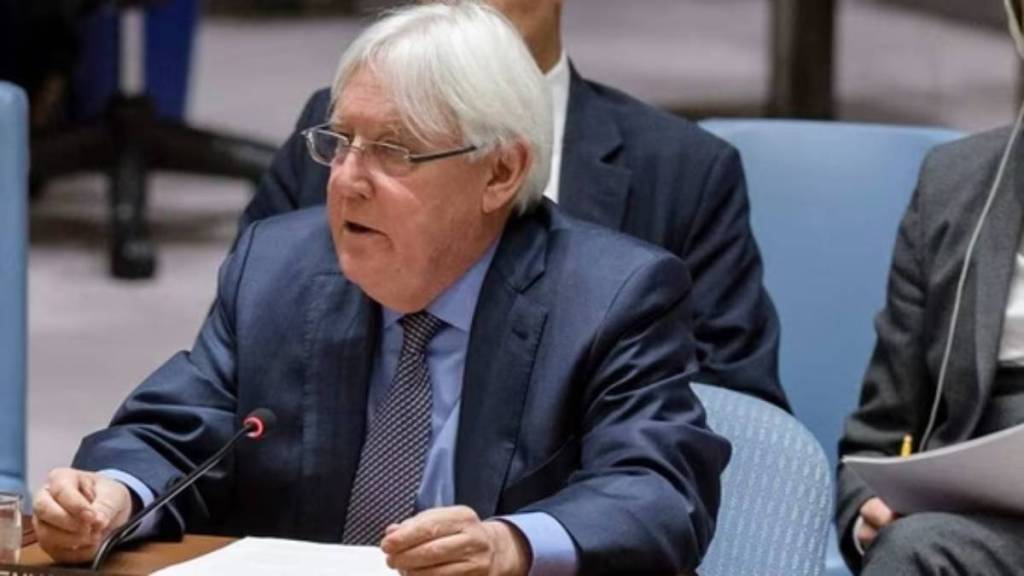The United Nations’ humanitarian chief Martin Griffiths talked about the difficulties faced by relief workers in contemporary times that sometimes cost their lives. In the current Israel-Gaza war, over 200 humanitarian workers have been killed, Griffiths revealed in an interview with the Associated Press.
He emphasised that the leaders of conflict-torn countries are more interested in politics than in listening to the needs of their people, improving their lives and ending the fighting. The lack of effort from people in power has impacted the people who are working towards betterment.
Moreover, he despised Israeli forces for hindering aid deliveries and has called for all border crossings to be open and the security of aid workers and convoys that have been overtaken by starving Palestinians.
In response to Israel’s claim of not sending aid to Gaza by the UN, Griffiths called, it “quite a reach,” saying as an occupying power, it is Israel’s responsibility to provide for civilians. Griffiths stated that it’s academic whether Israel is conducting a full-scale military operation in the southern Gaza city of Rafah or not—what matters is that it has displaced a million Palestinians and has been severe enough to halt nearly all aid to southern and central Gaza.
Conference to speed up humanitarian aid to Gaza
Griffiths informed his presence at a conference along with Secretary-General Antonio Guterres on Tuesday in Amman, Jordan, co-hosted by the UN to hasten the humanitarian aid to Gaza.
Despite rising humanitarian needs and the United Nations reducing its annual budget to assist 188 million of the 300 million people in need worldwide, only 17 per cent of the required funds have been received by mid-year, marking the lowest level in years.
The UN reduced its budget from approximately USD 56 billion last year to USD 49 billion. Griffiths explained that donors—primarily countries, but also foundations, companies, and others—have cut funding due to expenses like the increasing cost of living and rising energy prices.
He emphasised that much more needs to be done to boost aid, including tapping new donors, engaging with the private sector, ending wars, and addressing the needs of hundreds of millions of displaced people worldwide.
He urged the world to bridge the humanitarian funding gap and apply the “diplomatic muscle to stem conflict and human suffering.”
“But the reality is that as the UN’s humanitarian workload mounts, funding for its efforts is not keeping pace,” he added. “Trying to manage multiple conflicts through aid deliveries, rather than find political solutions for them, is not sustainable indefinitely.
(With AP inputs)


